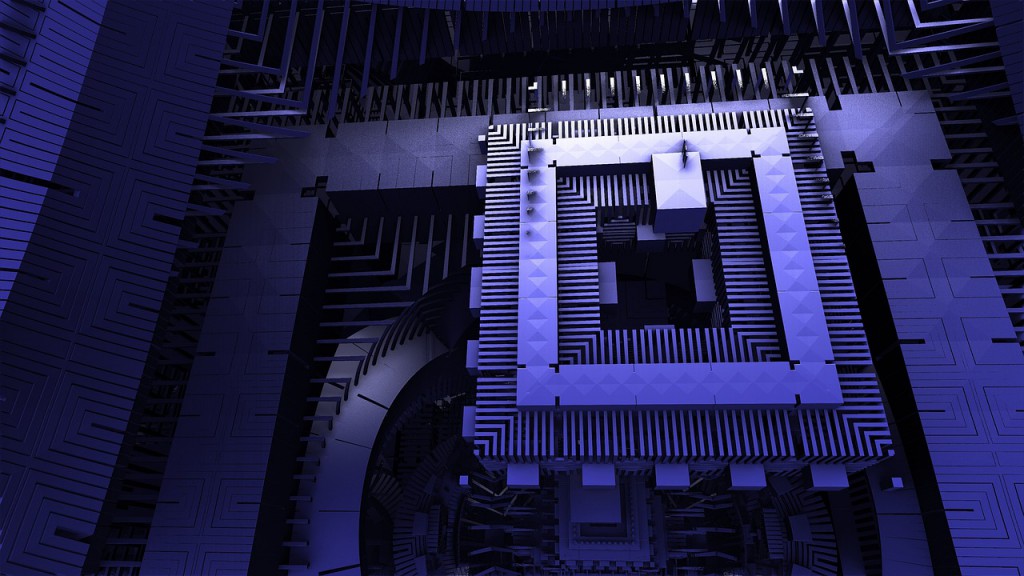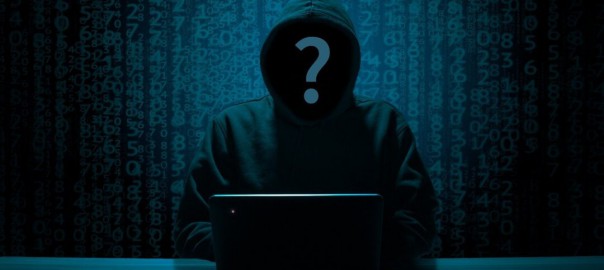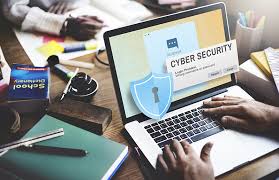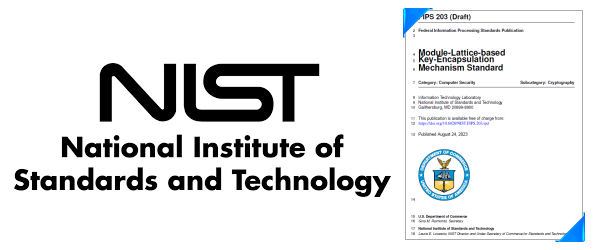Security breaches are becoming more frequent as we move towards a post-quantum era of technology. This growing concern evokes the notorious Bangladesh Bank Heist, in which cybercriminals used malware to infiltrate a bank’s network, exploiting its security flaws and stealing $81 million. As we journey into this uprising period of quantum computing, our passwords and digital information will be even more endangered, prompting devastating cyber attacks.
Quantum computers break physical laws and defy limitations imposed by our reality. These computers harness principles of quantum mechanics in order to gain unprecedented power exceeding any other form of classical machinery. They can perform complicated computations at an otherworldly pace, necessitating major improvements in algorithmic encryption.
Through superposition, a quantum bit (qubit) can exist in a combination of states, such as 0 and 1, permitting them to explore multiple decryption brute-forcing operations simultaneously. Similarly, entanglement links the states of qubits together so they can perform complex computations regardless of physical separation.
With post-quantum threats looming just around the corner, the world desperately needs strong post-quantum cryptography (PQC). IronCAPTM facilitates counteractive measures designed to prevent these egregious risks. Additionally, IronCAPTM makes essential modifications to protect users against future insecurity by adapting to post-quantum requirements.
In addition to NIST-approved algorithms, IronCAPTM offers Modern McEliece, a patented invention that optimizes Classic McEliece. It can be used in conjunction with a hybrid encryption method, allowing the encapsulation of symmetric keys to extend cybersecurity into the inevitable post-quantum computing era. This mechanism is more versatile in comparison to its predecessor, Classic McEliece, solidifying it as one of the top candidates for post-quantum security.
Moreover, Modern McEliece embeds data with code-based encryption such as Goppa codes by randomly inserting error syndromes. They employ the intrinsic difficulty of deciphering linear codes using large key sizes and indicative mathematical structures to resistant quantum-based attacks. Because these encryption methods are intrinsically difficult for computations to crack, their security is not sufficiently jeopardized by quantum systems. Making them a promising first line of defense against quantum sabotages.
In a world where digital information is becoming increasingly essential and where quantum phenomena are breaking the boundaries of what is possible and impossible. We must integrate IronCAPTM’s post-quantum solutions to enforce cybersecurity systems to protect against the elusiveness and unprecedented challenges that the evolving quantum world presents.




